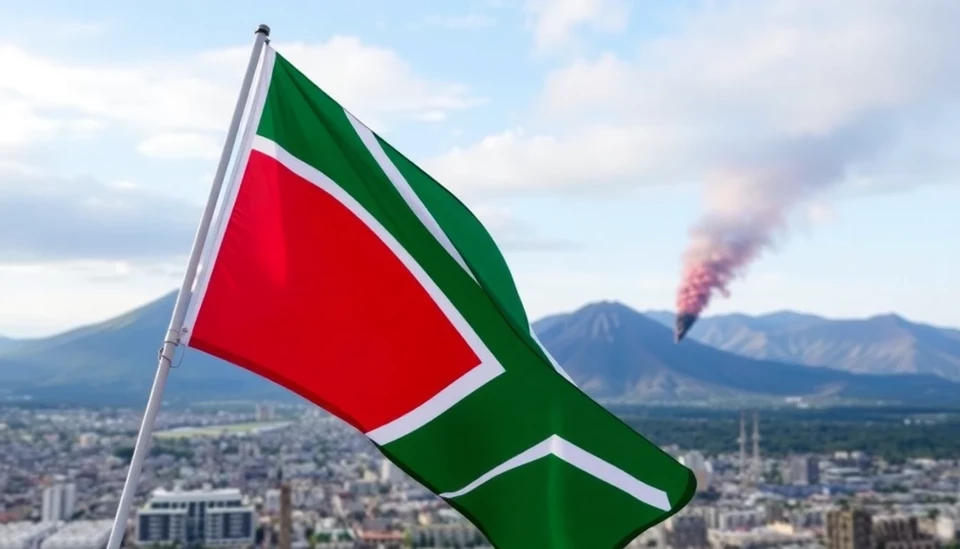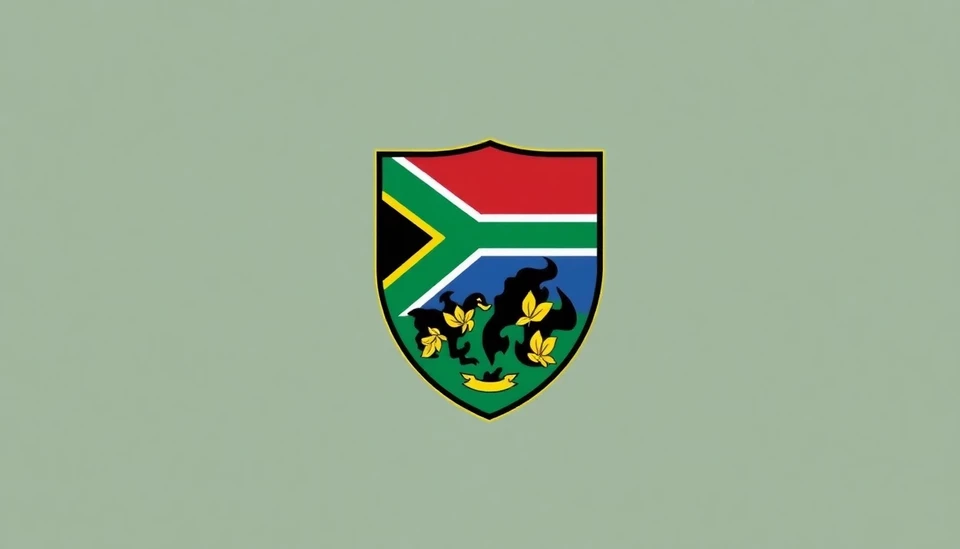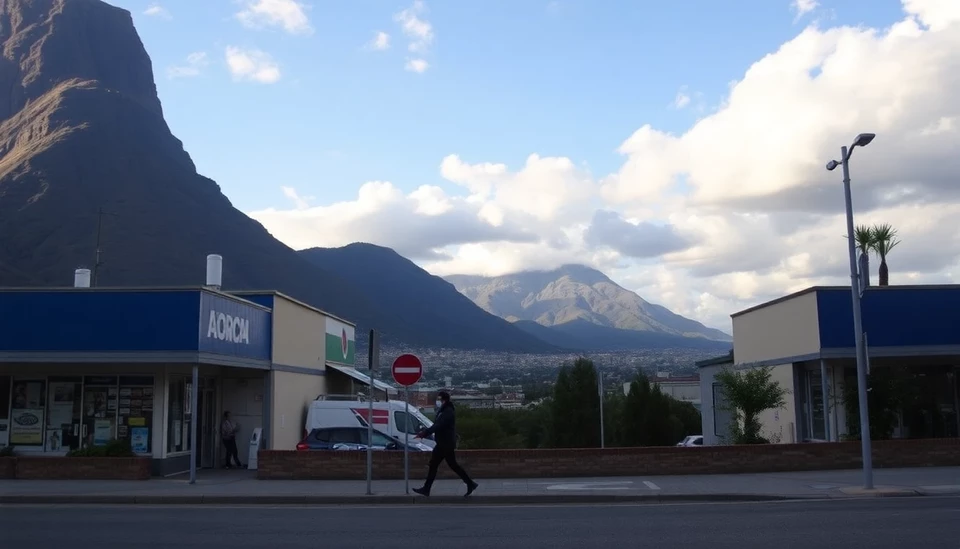
In a notable shift in economic forecasting, BNP Paribas has revised its growth projections for South Africa, attributing this change to the complexities of the political landscape and ongoing tariff disputes. The French banking giant has reduced its growth estimate for the nation significantly, underscoring the financial repercussions these factors could impose on the country's economy.
Originally, BNP Paribas had predicted a modest growth rate of 1.3% for South Africa in 2025. However, the bank has now tempered its expectations, slashing the forecast to just 0.5%. This downward revision is primarily driven by a combination of local political uncertainties and an escalating global tariff war, specifically focusing on tensions between major economic powers that threaten international trade stability.
The South African economy has been grappling with persistent issues, including high unemployment rates and soaring inflation, all of which have been exacerbated by weak consumer confidence. Analysts at BNP Paribas relay that the deteriorating economic conditions have been mixed with political indecision, which further complicates the nation's recovery efforts. With elections approaching, the potential for policy shifts can introduce additional volatility, creating an unpredictable environment for economic growth.
Alongside these internal pressures, external influences such as ongoing tariff disputes between the United States and China are also casting a long shadow over South Africa's economic outlook. As a country deeply integrated into the global supply chain, South Africa is vulnerable to the repercussions of a heightened trade war. The rising barriers to trade may detrimentally affect exports, thus influencing domestic production capacities and overall economic health.
BNP Paribas's analysts emphasize the importance of addressing these issues proactively. They suggest that sound policy measures, stable governance, and international cooperation could pave the way for enhanced economic resilience. However, without immediate and decisive action, the forecast for South Africa's growth trajectory remains bleak.
Investor sentiment appears to reflect these concerns, with uncertainties manifesting in the market as traders reassess their positions in South African assets. This cautious approach may continue until there is greater clarity surrounding the political landscape and international economic relations. In a global economy where interconnectedness is key, South Africa’s future hinges on both internal developments and external economic forces.
As the nation navigates these turbulent waters, stakeholders from all sectors may need to collaborate more closely to foster a conducive environment for growth and sustainability. The coming months will be critical for South Africa to maneuver through these prevailing challenges while attempting to revitalize investor confidence.
In summary, BNP Paribas's recent adjustments highlight the fragility of South Africa’s economic outlook amidst a landscape fraught with political and global trade uncertainties. The decreased forecast serves as a wake-up call for policymakers and business leaders to embark on initiatives that can stabilize and invigorate the economy, steering it toward a more promising path.
#SouthAfrica #EconomicForecast #BNPParibas #GrowthProjection #PoliticalUncertainty #TariffWar #GlobalTrade #FinanceNews #InvestorConfidence
Author: Laura Mitchell




